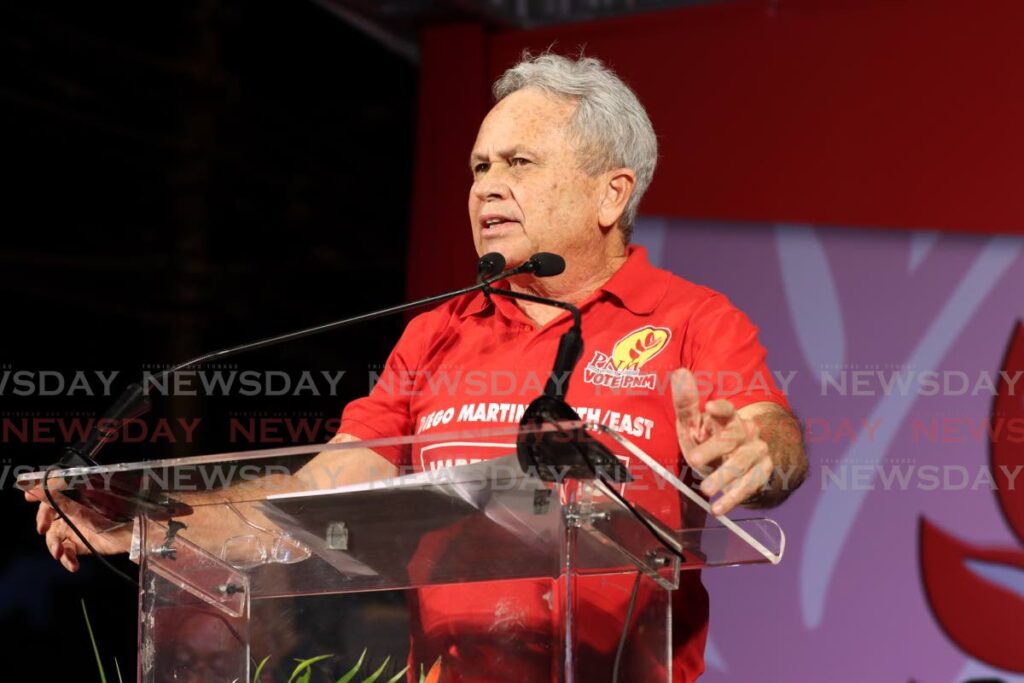Trying to follow the logic

THE EDITOR: On Tuesday the Finance Minister called a media conference after several public criticisms of his Cabinet's decision to exempt visits by foreign dignitaries from the provisions of the Procurement Act for three months.
The minister sought to justify that exemption on the following bases:
i. The 50th anniversary celebrations were to be held in this country.
ii. Foreign dignitaries including the secretary general of the UN, a head of state and US secretary of state accepted invitations close to the date of the event.
iii. The provisions of the Procurement Act would require about two-three months to procure services and goods for the event.
iv. Cabinet decided to issue the emergency exemption order via legal notice (without first approaching Parliament) because of constraints of tine.
v. In his own opinion, the act, though requiring affirmative resolution of Parliament for such exemptions, does not require Parliament to be convened on every occasion.
vi. This was a collective Cabinet decision and not his and with legal advice of the AG.
So, according to the minister, an anniversary celebration of such significance, the hosting of which this government sought (and even got Caricom to shift the location for its 45th Heads of Government Conference from Dominica to TT to coincide with the anniversary celebration, was not contemplated long in advance and thoroughly planned until the last minute.
Several questions arise:
1. Even if confirmations by some senior dignitaries could have been late, was that not a contingency in the planning for such an important event, the date of which was known at least one year in advance on the 49th anniversary?
2. In its planning, did Cabinet, which would have decided when the President proclaimed the Procurement Act, not consider the effect of the act on procurement for the anniversary event?
3. Even if such a circumstance did create an urgent situation, why did Cabinet not take steps to bring the proposed exemption to Parliament when the Lower House sat on nomination day late in June as an urgent matter?
In fact, the legal notice was dated on or about that date.
4. Given the minister's explanation of urgency depending on late acceptances by some dignitaries, why was the exemption only for three months?
5. Is it that late acceptances to major international events like this will no longer happen after three months?
6. If Parliament is being asked to retroactively approve this exemption order, will this now become the new modus operandi of conduct of such parliamentary business?
Surely, when the bill was amended to include the affirmative resolution for such exemptions the parliamentarians must have contemplated that urgent sittings may be required and Cabinet would treat Parliament with the necessary respect rather than having it rubber-stamping Cabinet actions after the fact.
The way this situation developed, apart from whether the exemption was legally made, has pointed to serious issues with our governance arrangements and practice.
Not the least of which is why, even if the minister's logic is accepted, did the Cabinet not explain to the population what it was doing and why when the legal notice was published.
Why did the Government only decide to offer an explanation after several criticisms from various quarters?
Accountability is not only due when it is forced. It is a constant duty of public bodies and officeholders and government members must be the first exemplars.
CLYDE WEATHERHEAD
via e-mail


Comments
"Trying to follow the logic"